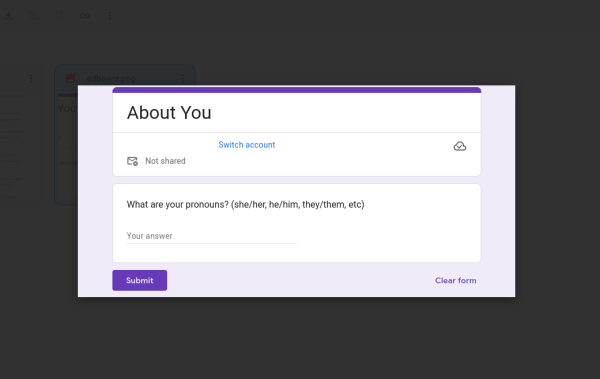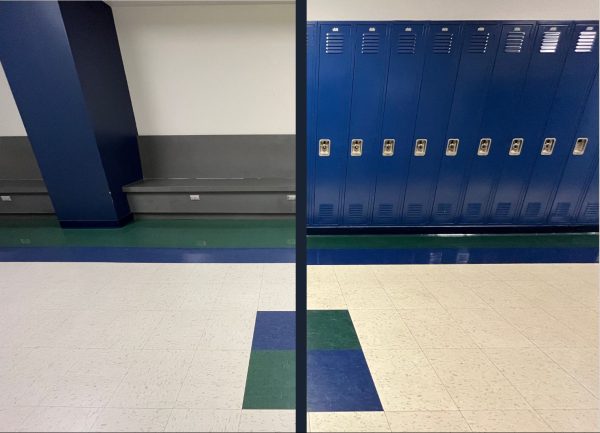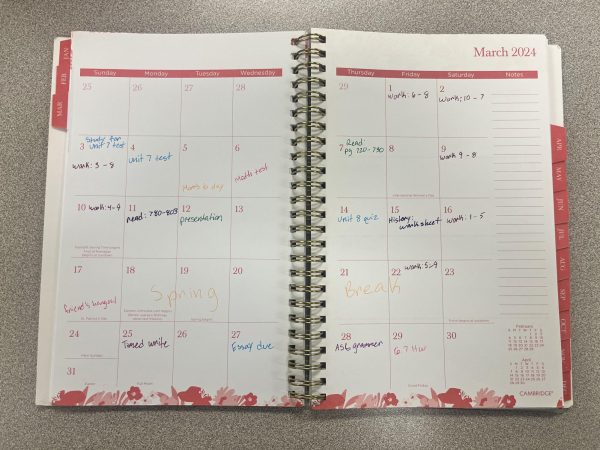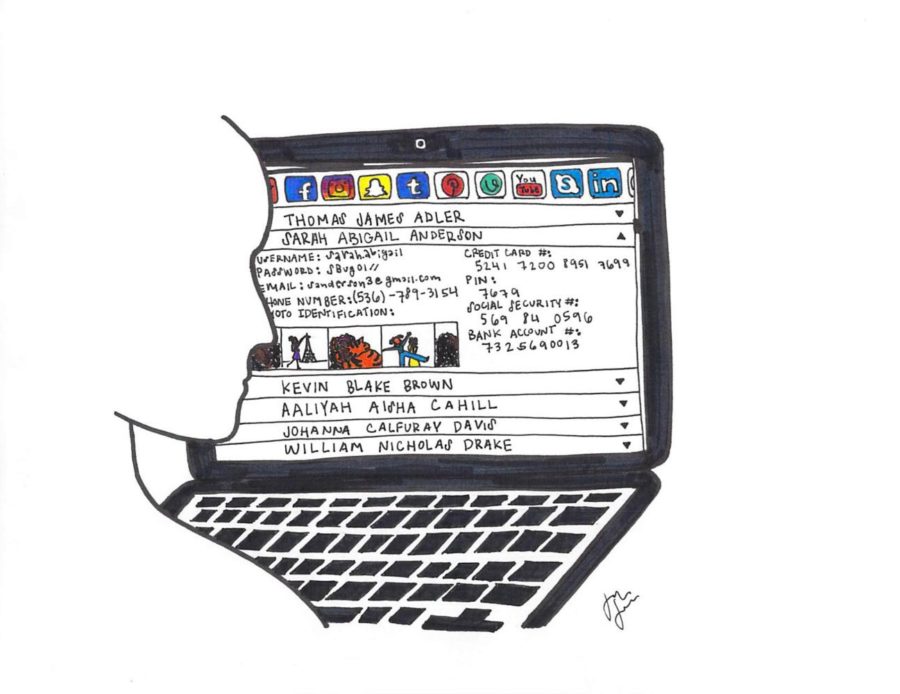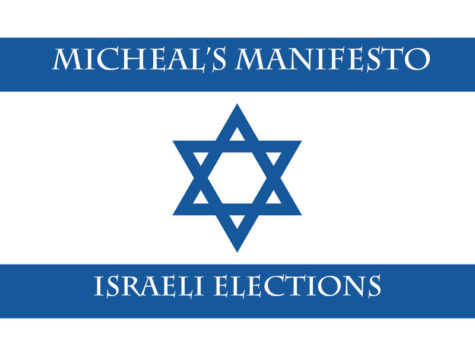Michael’s Manifesto: Internet Privacy
Media by Jilian Bunderson
With the rise of social media, more and more of our information has become accessible to both individual internet users and companies – a reality that’s potentially dangerous. This issue continues to be contentious as governments and companies like Facebook are criticised for harvesting Internet users’ data.
Julian Assange, the co-founder of Wikileaks, was arrested on April 11 in London. This controversial figure has been instrumental in the publishing of Hillary Clinton’s emails and thousands of military secrets within the last two decades. Assange has been hiding in sanctuary for the past seven years in London, but last month he was arrested and put on trial as the Ecuadorian embassy handed him over to the British police.
Assange has disclosed much to the public (Wikileaks claims to have released more than 10 million classified documents to the public), but he has mainly been a figure of transparency – publishing instances of civilian killings, war crimes and espionage that the U.S. government kept classified. Along with Edward Snowden, a NSA contractor who similarly exposed the extent of American domestic surveillance, Assange has shown that government organizations like the NSA have unlimited access to our phone records and programs that can uncover “nearly everything a user does on the Internet.” Assange has claimed that his motivation is to reveal to the public that our governments have crossed the line when it comes to our privacy. Words said and actions taken in the privacy of our homes now have the potential to haunt us for life, leaving us oblivious until their fateful manifestation. We need to move back in a direction where we can feel safe when we think no one’s watching. — Michael Schmitz
These names first came to public prominence in 2013, years before I would even create my first online profile. We’ve grown up with the knowledge that our online privacy is a facade, but that hasn’t stopped us from creating online profiles. The Department of Health & Human Services reports that 71 percent of American teenagers use more than two social medias.
In a Messenger survey, 49 percent of the 129 students who participated in the survey reported feeling that too much of their personal information is available online.
Though people seem to be concerned with privacy, this concern only appears to be passive. A common argument is “Why should I be afraid if I have nothing to hide?” In the aforementioned Messenger survey, of the 72 students who own smart speakers, such as Amazon Echo or Google Home, 24 felt no resulting fears of privacy.
Without hesitation, we own devices that constantly broadcast our locations, have the potential to eavesdrop on our conversations and even hold our valuable credit card information. We can make the argument that as individuals we’ve done nothing wrong so we don’t need to worry about the government, but what about hackers?
Last year, the hotel chain, Marriott, experienced the second largest hack in the 21st century – resulting in the compromise of more than 500 million guests’ credit card numbers along with other sensitive information.
Obliviously, there’s no one way to fix the glaring security issues we’re facing as a society, but taking notice is a start. We’re not slaves to Facebook, Apple, or their terms of service.
Words said and actions taken in the privacy of our homes now have the potential to haunt us for life, leaving us oblivious until their fateful manifestation. We need to move back in a direction where we can feel safe when we think no one’s watching.
Here’s something to consider: James Comey, former Director of the Federal Bureau of Investigation, has said that he covers the camera of his laptop with tape because “I saw somebody smarter than I am had a piece of tape over their camera.”
Your donation will support the student journalists of Marquette High School. Your contribution will allow us to purchase equipment and cover our annual website hosting costs. You may become a PATRON by making a donation at one of these levels: White/$30, Green/$50, Blue/$100. Patron names will be published in the print newsmagazine, on the website and once per quarter on our social media accounts.
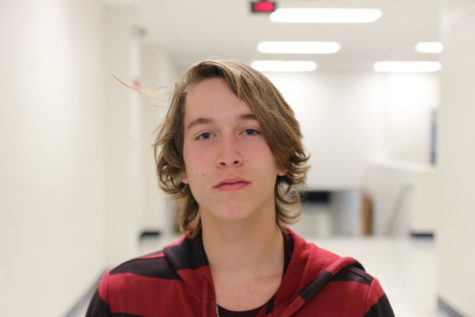
Michael Schmitz, senior, is a foreign correspondent for the Messenger. During his time in Israel, he will utilize his background in political analysis...

Jilian Bunderson, senior, is the Illustrator for the Messenger. She is also the co-president of Renaissance, a member of NHS, and has been involved in...



